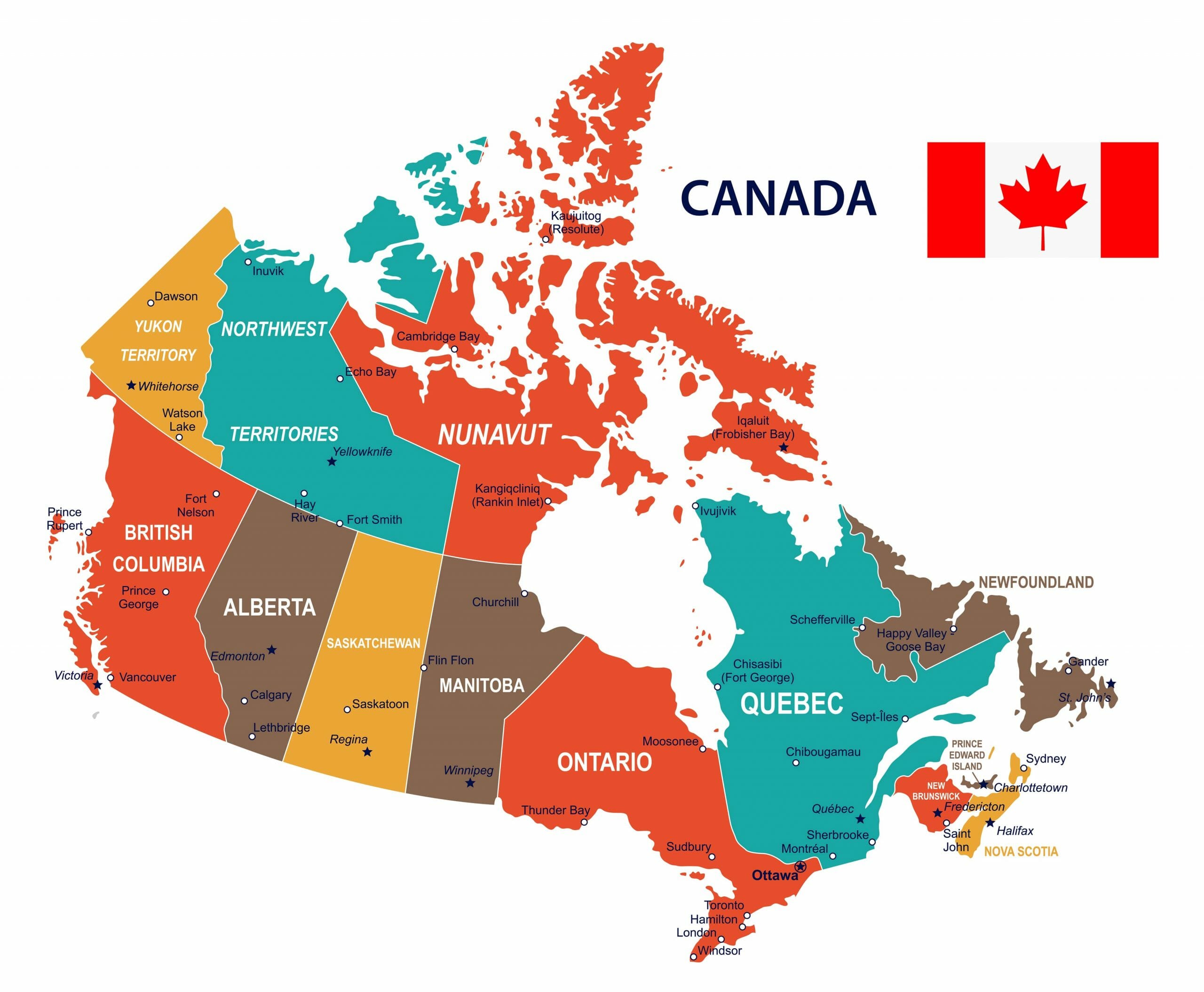The Québec immigration department is closing a month-long consultation period with stakeholders on four questions intended to revamp a fast-track immigration stream leading to permanent residence in Canada for francophone foreigners living in Québec.
The topics the Québec government is consulting on are:
- Which eligibility criteria should the immigration department apply in their selection of workers and students intending to fast-track their permanent residence?
- How can immigrants be encouraged to settle outside the urban centers?
- Should the selection criteria prioritize experience gained in Québec, or immigrants whose profile match the labor market needs, or both?
- How can “overqualification” be avoided? Should graduates become eligible for fast-track permanent immigration only after 1 year of work experience, and should the work experience have been obtained in their field of study, or at a level that matches their qualification?
The Québec immigration department had been heavily criticized for having attempted to overhaul the fast-track immigration process without public consultations in the fall of 2019, and had been forced to withdraw their bill.
Details:
- Consultation sur le Programme de l’expérience québécoise (PEQ), http://www.mifi.gouv.qc.ca/fr/dossiers/consultation-peq.html
- Québec government’s Consultation Guide, http://www.mifi.gouv.qc.ca/publications/fr/dossiers/DOC_consultation.pdf


